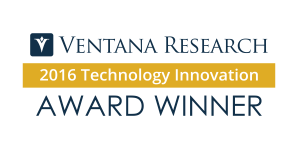
Infor provides industry-specific enterprise software that enhances business performance and operational efficiency. These verticals and related micro-verticals include manufacturing, food and beverage, hospitality, healthcare, distribution and retail. Infor offers applications for enterprise resource planning, supply chain management, customer relationship management and human capital management,...
Read MoreTopics: ERP, Machine Learning, Office of Finance, Operations, Continuous Accounting, Supply Chain, AI








-1.png)

.png)
.png)
















